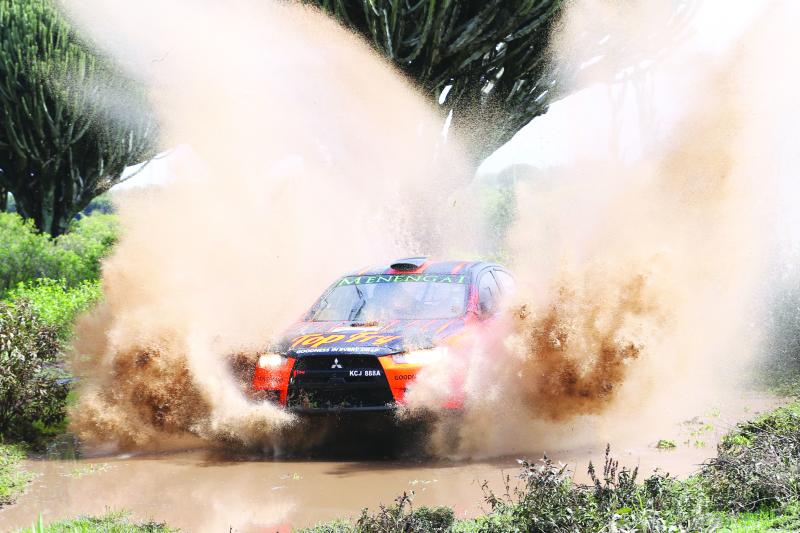×
The Standard e-Paper
Smart Minds Choose Us

Kenyans’ celebrations, however, were put on the back burner as COVID-19 halted its staging in July with KNRC season also put off.
When the International Automobile Federation (FIA) announced the return of Kenya’s Safari Rally to their Calendar of 2020 events, it was met with great celebration.